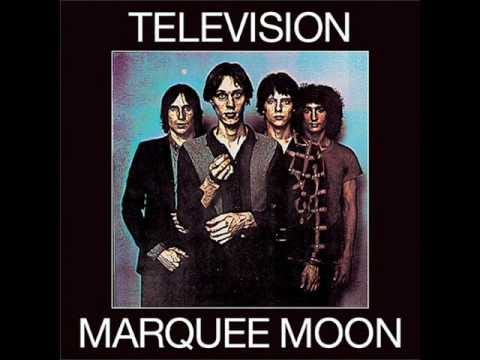In October 1975, I returned to New York from my six-month sojourn in Birmingham, Michigan, as editor of Creem. I had made a deal with Newsday on Long Island to write one concert review and two short record reviews for a guaranteed $85 a week. (I would go on staff Jan. 3, 1977.) I found a fifth floor walk-up on 26th Street between Third and Lexington, a no-name zone of Indian restaurants and sweet shops during the day and prostitutes and their pimps doing their business in cars after dark.
I picked up the buzz of a new, minimalist, D.I.Y. music scene a little farther downtown, and began to explore. I realized that I should suggest a feature trend story about this scene, and my editors were game. The first January in 1976, my story appeared: The Ramones on the cover of the Newsday Sunday feature section and the headline: Punk Rock: Its Day Will Come. I thought it important to show my reporting chops and an accessible, mainstream writing style to my editors and readers. I intentionally w…
Keep reading with a 7-day free trial
Subscribe to Critical Conditions by Wayne Robins to keep reading this post and get 7 days of free access to the full post archives.



